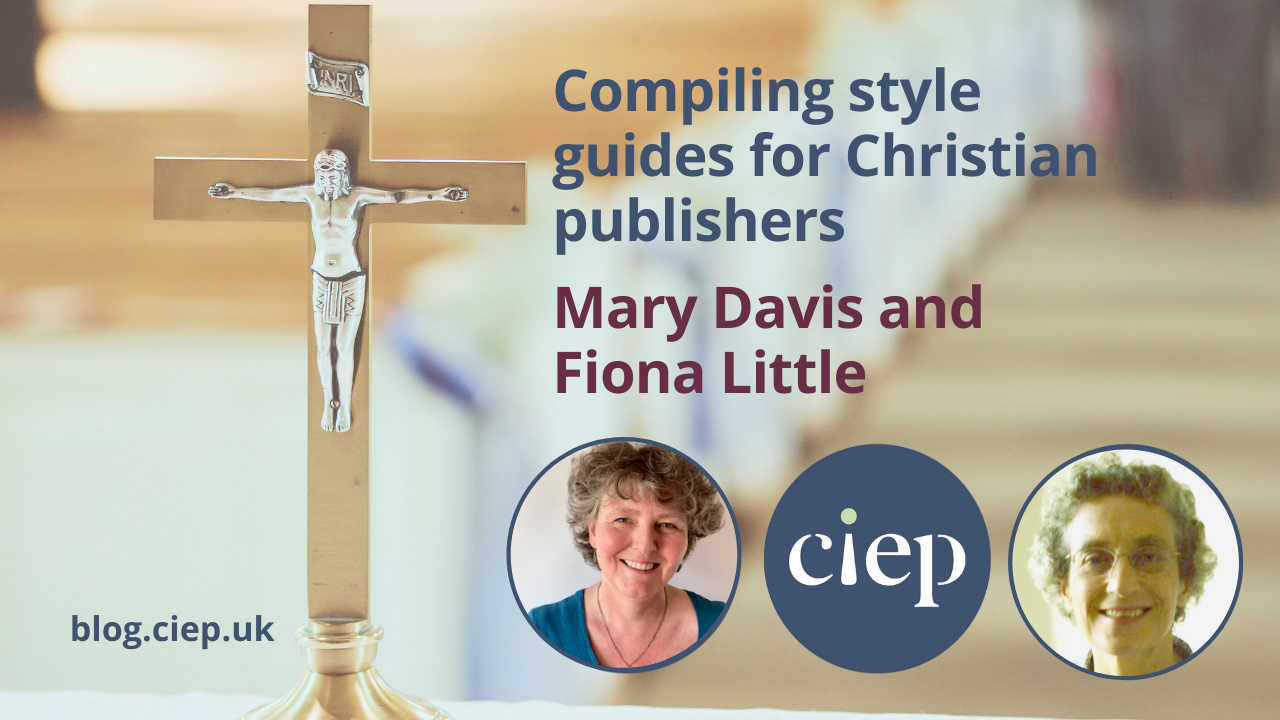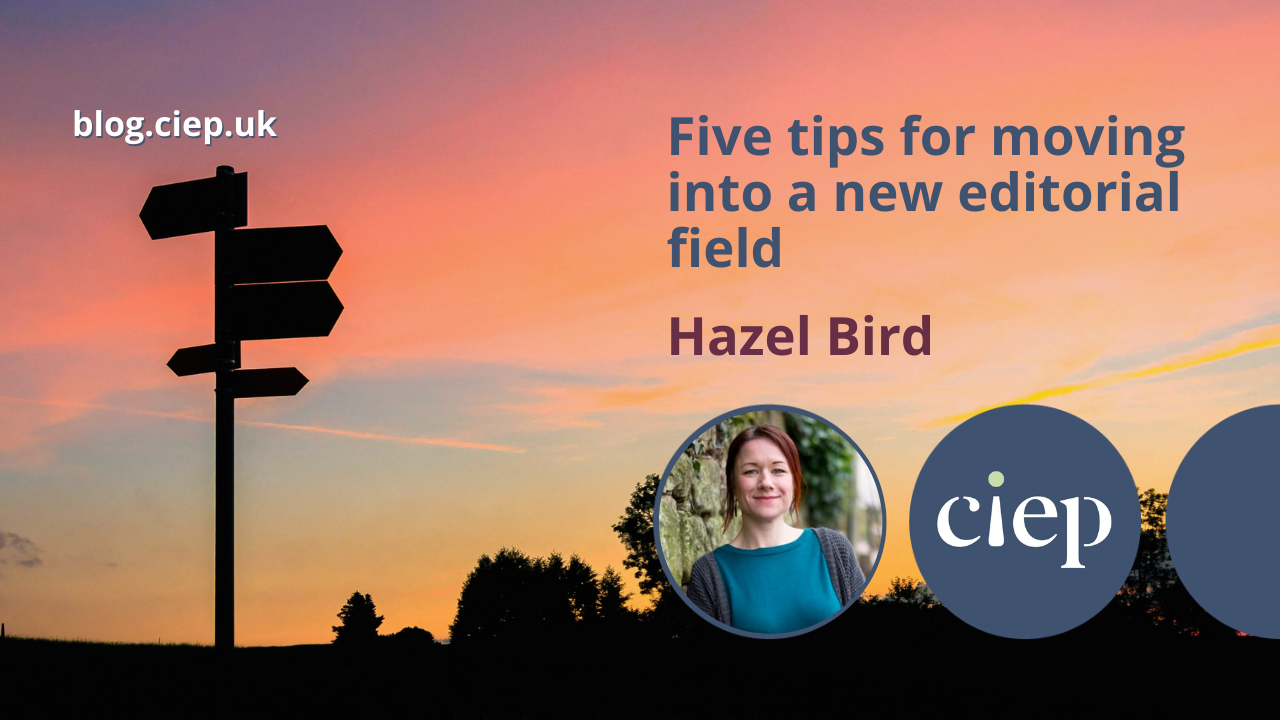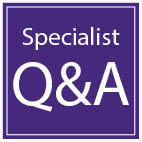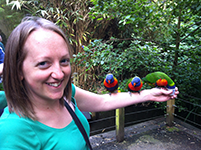Specialist organisations may require style guides that are tailored to their material. Editors Mary Davis and Fiona Little describe their experiences of compiling style guides to suit the needs of two clients publishing for the Christian market – but the principles are relevant for other subject areas.
Mary Davis: Tulips, chocolate and CPD
Near the start of my freelancing journey, I was asked to copyedit an 11,000-word manuscript by a small, independent religious publisher. Their little production team lacked specialist knowledge but were doing their best to produce quality non-fiction books for their relatively niche target market.
Their house style extended to a few bullet points on a side of A4, requesting that authors follow the Society of Biblical Literature’s SBL Handbook of Style and giving a few pointers on preferred formatting, footnotes, numbering systems and so on.
As I raised author queries and produced style sheets, it became clear to the client that there were significant inconsistencies across their publications. They asked me to do a critique of several books, and I produced a short report looking at design, formatting and style choices. There was a clear need for consistency and one of my main recommendations was the production of a more comprehensive style guide.
How did you go about it?
Soon after, the flu struck and I was in bed for days. I certainly didn’t have the energy for a meticulous copyedit or proofread, but I did have the appetite for a bit of informal continuing professional development (CPD)! I knew the client had a low budget and I decided to produce a style guide for them free of charge. I’d developed a good understanding of their authors and target readership, and my style sheets provided much of the detail. Consulting style guides from other clients and online resources, I focused particularly on presentation, which I felt would be key in encouraging authors to use it.
What did you include?
In consultation with the client, it didn’t take long to compile the finished guide – a carefully designed, six-page PDF.
- Standard features: It included the things you’d expect, such as a general introduction, notes on abbreviations and contractions, UK spellings, preferred punctuation, numbers, dates and times, and book and hymn titles.
- Emphasis on clarity: The writing style of some of the authors I had already copyedited was unnecessarily complicated and so the guide included an emphasis on clarity and plain English.
- Interactive links: To make it user-friendly and easy to navigate, I included internal clickable links and external hyperlinks to resources like the SBL Handbook of Style and preferred dictionary.
- Clear presentation: Aesthetically, I took great care with the layout, heading size and examples of correct usage, ensuring that authors would find it visually appealing and easy to use.
- Personalised features: Working from my style sheets, I compiled a list of commonly used words, indicating preferred capitalisation and spelling. I also specified preferred formatting for Bible references and Bible ‘shortforms’ (abbreviations for each book of the Bible), as authors had been simply adopting their own preferred convention.
- Ongoing: To facilitate updates, I supplied the client with a Word document in addition to the PDF.
What did the client think?
They sent me some tulips and chocolate in the post to say thank you! They also asked me to do some paid training with their publications manager, which I conducted online.
The guide is a number of years old now, but I asked the current publications manager to comment on its usefulness. She replied:
Our style guide has greatly benefited our publishing organisation. It provides clarity for authors who need to know what our expectations are and helps us to create a quality uniform product. From basic expectations (like grammar) to more niche requirements (like capitalisation of terminology), both our writers and editors appreciate the consistency that the style guide gives.
I didn’t get paid for this work but the six hours or so I spent on it was immensely worthwhile. Careful reading of a number of style guides was valuable in itself – and, on top of that, the project cultivated strong working relationships and resulted in a stream of ongoing work. They weren’t and aren’t my highest-paying clients – but, as well as tulips and chocolates, this project gave me confidence and specialist knowledge at a key stage in my career.
Mary’s top tips for compiling a specialist style sheet
- Assess the material produced by the organisation and current authors’ writing styles. Does it match the client’s requirements?
- Decide what standard features are required in the guide. Do you want to reference an existing guide or dictionary?
- Working from style sheets and other sources, compile a list of commonly used words, noting preferred capitalisation and spelling.
- What other guidance will be needed? The inconsistencies between publications will give you a steer on what may be required.
- Take care over presentation, and include clear examples of correct usage. Internal links and external hyperlinks may be useful.
Fiona Little: Discussion and flexibility
When a client asked me to produce a style guide for an ongoing series of church reports, I welcomed the challenge. The client wanted to review the styles used in the existing reports and create a more comprehensive style guide that would ensure greater consistency in future reports in the series. Although the authors were theologians and clergy, the reports were intended to be available to lay people, so a style guide for academic theological writing might not be suitable. A tailored guide would help authors, editors and proofreaders working on the series.
Starting points
I was able to refer to previous reports in the series, all of which were in British English. The client had begun to draw up a list of preferred spellings, hyphenations, capitalisations and so on, and an author had added comments to it. There seemed to be omissions and contradictions, but the document gave me some idea of the priorities.
The main issues
Spelling
I found spelling inconsistencies not just in the existing reports but also in the client’s word list – for example, Oxford-style ‘-ize’ spellings seemed to be favoured for most words, but ‘baptise’ was preferred over ‘baptize’. After some discussion, the client decided to standardise on ‘-ize’, and we chose the New Oxford Dictionary for Writers and Editors (NODWE) as a default guide.
Punctuation
We also agreed on Oxford style (as described in New Hart’s Rules) for dates, serial commas, dashes and other aspects of punctuation. The style guide would need to outline these.
Capitalisation
Capitalisation was the biggest issue. We agreed easily on initial capitals for specific meanings as opposed to general ones (eg ‘the Father’ in reference to God); words with multiple senses needed particularly careful treatment – for example, ‘church’ was used, variously with and without capital C, for a building, a congregation, a Christian denomination (such as ‘the Church of England’) and Christian believers worldwide. The client opted for ‘the Bible’ but ‘a bible’, unlike NODWE, but followed NODWE in downcasing pronouns for God. The style guide would need to give clear examples of these usages.
References
While detailed bibliographical references were not covered, we agreed a format for references to other reports in the series, including their numbered sections.
For the frequent Bible references, the client wished to stick with the abbreviations for books of the Bible used in the New Revised Standard Version, along with a distinctive chapter-and-verse format used by a larger publisher. These choices seemed to work because their parameters were clear.
A style was also needed for the titles of documents in Latin; the client wanted italic with maximum capitals, even though normally a Latin title would have sentence-style capitalisation.
Numbers and dates
We agreed on maximum elision for number ranges (eg 341–2) and years (1988–9), following New Hart’s Rules, but we treated chapter and verse numbers in Bible references differently (see ‘References’ above).
Abbreviations
The reports used abbreviations for the names of various publications and organisations, and these needed to be listed in the style guide.
Because of the simple format of the reports, headings, lists and footnotes – among other features – were not covered.
The result
The completed style guide had short sections on all the categories highlighted above. The general reference to NODWE made a long word list unnecessary, but I listed recurrent words and names where the chosen style differed from NODWE.
Fiona’s top tips for compiling a specialist style sheet
- Look carefully at the material to get a sense of the content, presentation, tone and intended readership.
- Discuss the client’s preferences with them, and if their ideas appear unfeasible or inconsistent, explain the alternative options as straightforwardly as possible.
- Consider whether a published style guide (eg Chicago Manual of Style, New Hart’s Rules or the American Psychological Association (APA) style guide) would cover all or most of the requirements, but don’t assume that the client will be familiar with it.
- You may also find ideas in publishers’ copyediting guidelines and specific copyediting briefs.
- If you base your style guide on an existing one, set out any exceptions to its guidelines clearly.
- Consider organising the guide by type of text (eg headings, book titles) – this can be easier to navigate than a list of formats (eg italic, maximum capitalisation).
- A couple of well-chosen examples may be easier to follow than a lengthy explanation; for instance, maximum elision of page ranges can be shown with ‘301–2, 341–5, but 315–16’.
About Mary Davis
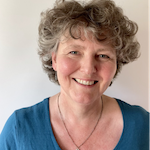 Mary Davis’ first job was for someone who was obsessed with clear, beautifully written English. Her freelance work started soon after, alongside other jobs. It developed more formally when she undertook some training to check if her skills were fit for purpose – they were! Mary is an Advanced Professional Member of the CIEP and is delighted to be doing a job that never fails to put her head in a good place.
Mary Davis’ first job was for someone who was obsessed with clear, beautifully written English. Her freelance work started soon after, alongside other jobs. It developed more formally when she undertook some training to check if her skills were fit for purpose – they were! Mary is an Advanced Professional Member of the CIEP and is delighted to be doing a job that never fails to put her head in a good place.
About Fiona Little
 Fiona Little, an Advanced Professional Member of the CIEP, began her editing career with work on Grove music dictionaries and later copyedited material for the Oxford Dictionary of National Biography. Now based in Washington DC, USA, she copyedits academic texts mainly on music, history and religion.
Fiona Little, an Advanced Professional Member of the CIEP, began her editing career with work on Grove music dictionaries and later copyedited material for the Oxford Dictionary of National Biography. Now based in Washington DC, USA, she copyedits academic texts mainly on music, history and religion.
 About the CIEP
About the CIEP
The Chartered Institute of Editing and Proofreading (CIEP) is a non-profit body promoting excellence in English language editing. We set and demonstrate editorial standards, and we are a community, training hub and support network for editorial professionals – the people who work to make text accurate, clear and fit for purpose.
Find out more about:
Photo credits: header image by Michael Morse on Pexels, someone taking notes from a Bible by Tima Miroshnichenko on Pexels.
Posted by Eleanor Smith, blog assistant.
The views expressed here do not necessarily reflect those of the CIEP.

